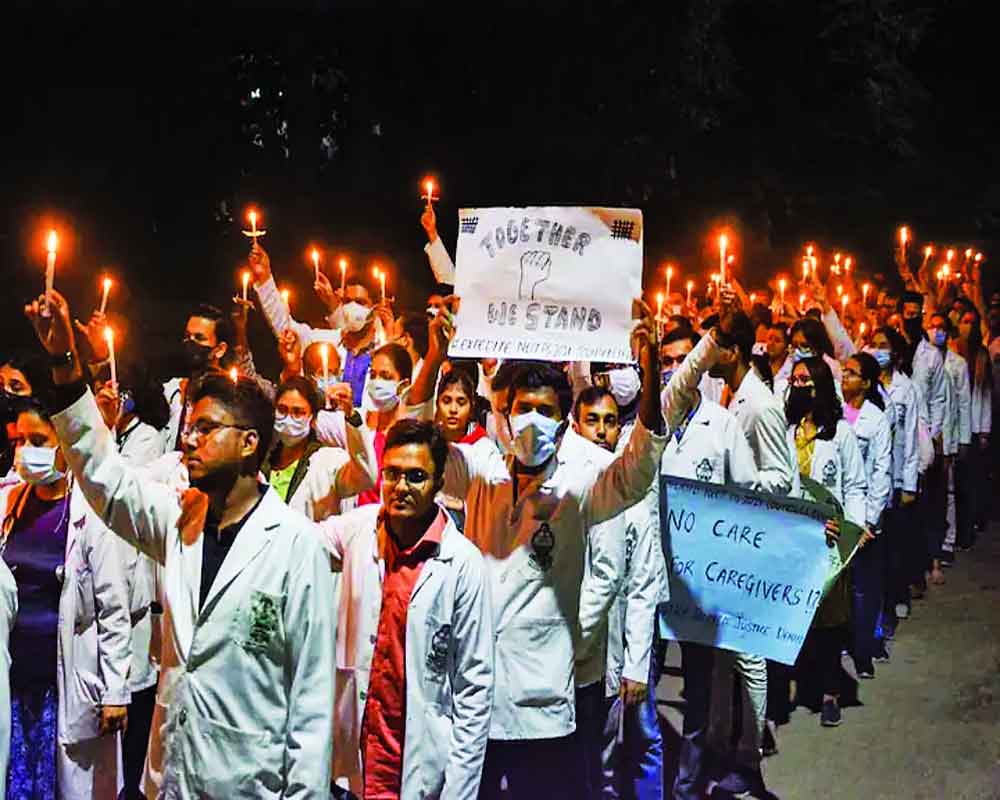The SC has reserved its decision; the emotive issue must be amicably solved
The reservation is as emotive an issue as it is economic. Nevertheless, it remains unresolved to date as both parties dig their heels in the court. The Supreme Court has reserved its decision on 10 per cent quota to persons from Economically Weaker Sections (EWS).The Central Government's decision to give 10 per cent reservation to economically weaker sections over and above 50 per cent already given to other backward castes, and Schedule Castes & Tribes. The petition was filed against the 103rd amendment to the Constitution, which introduced changes to Articles 15 and 16 that deal with the right to equality and provide the basis for reservations. The argument against the amendment is that the 50 per cent limit on reservation cannot be crossed as it would tantamount to violate the basic premise of Constitution, which is equality. The Centre had earlier told the Supreme Court that the EWS quota does not erode the rights of Scheduled Caste and Scheduled Tribe communities as they already enjoy many other benefits.
The Government contention that the Scheduled Castes and Scheduled Tribes have been given several benefits under the Constitution, including Article 16(4)(a) (special provision for promotion) and Article 332 (reservation in State Assemblies), may be true but unfortunately despite all these benefits they still remain on the lowest rung of social hierarchy and lag behind on the economic front as well. But having said that, the economic criterion must be at least a factor while giving reservation to any section of society.The Government introduced the EWS quota for those who do not fall in the category of SC/ST and OBCs but have an annual family income of less than `8 lakh per annum. The intent was right but the method was not. And this is what is being contested by the petitioners. The criterion is arbitrary and impractical, to say the least. To be fair to the Government, it cannot touch the reservation to SC/ST and OBCs and so it has no choice. Last year, the Supreme Court had said that the criteria seemed arbitrary. Since the income criteria of `8 lakh per annum was used to exclude the ‘creamy layer’ from the OBC quota, the court said it was ‘mechanical’ and included to distinguish EWS as well. The SC observation holds water as ground realities may be very different. The decision of Supreme Court in this regard would be a landmark in the debate for reservations and could stir a hornet's nest.

























